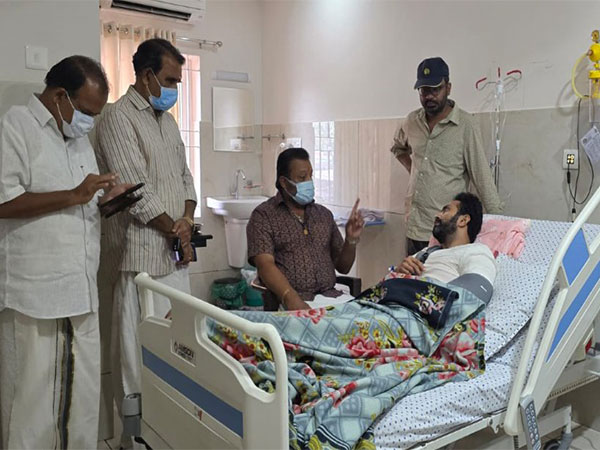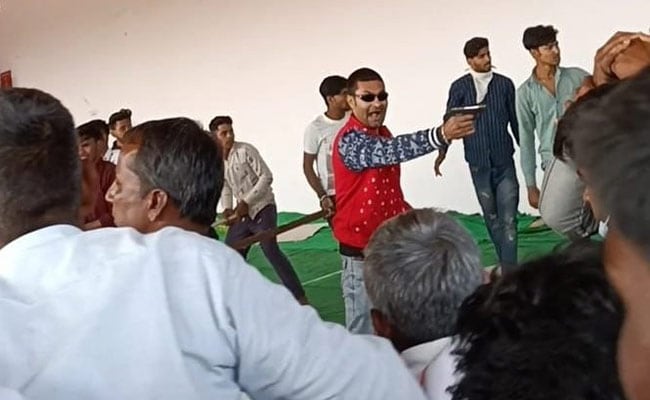Right To Sit: Tamil Nadu Amends Law For Workers Of Unorganised Sector
Tamil Nadu has become only the second state in the country to pass such a law, after Kerala, that allows workers to take rest and sit during the working hours

Tamil Nadu has become the second state after Kerala to include the 'Right to Sit' in the statute by amending Tamil Nadu Shops and Establishments Act, 1947. The amendment has mandated shop owners to have seating facilities for their employees.
The law also directs them to allow the employees to take rest in between work whenever possible.
A Long-Standing Demand:
This was a long-standing demand of the workers' unions in the state. Employees, mostly women working in textile and jewelry shops, were not allowed to sit and take rest during working hours. This rule was to be followed even when there were no customers at the shop. Sometimes, they were not even allowed to use toilets at the workplace, as many women workers allege.
Such rules and bad working conditions led them to work for hours without rest, taking a toll on their physical health and often leading to health complications such as heel pain and liver problems. These conditions led to protests in the southern parts of the country.
Protests Led By Kerala's Unions:
A tailor by profession, P. Viji, was the one starting protests in Kerala to demand the 'Right to Sit' for saleswomen along with other demands. She formed a workers' union Asanghaditha Mekhala Thozhilali Union (Union for workers of unorganized sectors) in 2014 with the same aim.
In 2018, Kerala passed laws granting several rights to women workers of the unorganized sector along with the right to sit.
Ground Reality:
However, many workers and unions of Kerala say that the law was not being implemented properly and that their working conditions were very much the same as earlier.
As the TN government has passed the law, its implementation on the ground is what should be ensured. On this, TN's Labour Secretary R. Kirlosh Kumar has said that inspectors would visit shops to check if the laws were followed or not. "We look at it (the law) as a significant welfare step in favor of laborers. We will ensure the implementation of the law".
Also Read: Journalists Win Nobel Peace Prize For 'Defending Freedom Of Expression', The First After 1935







































